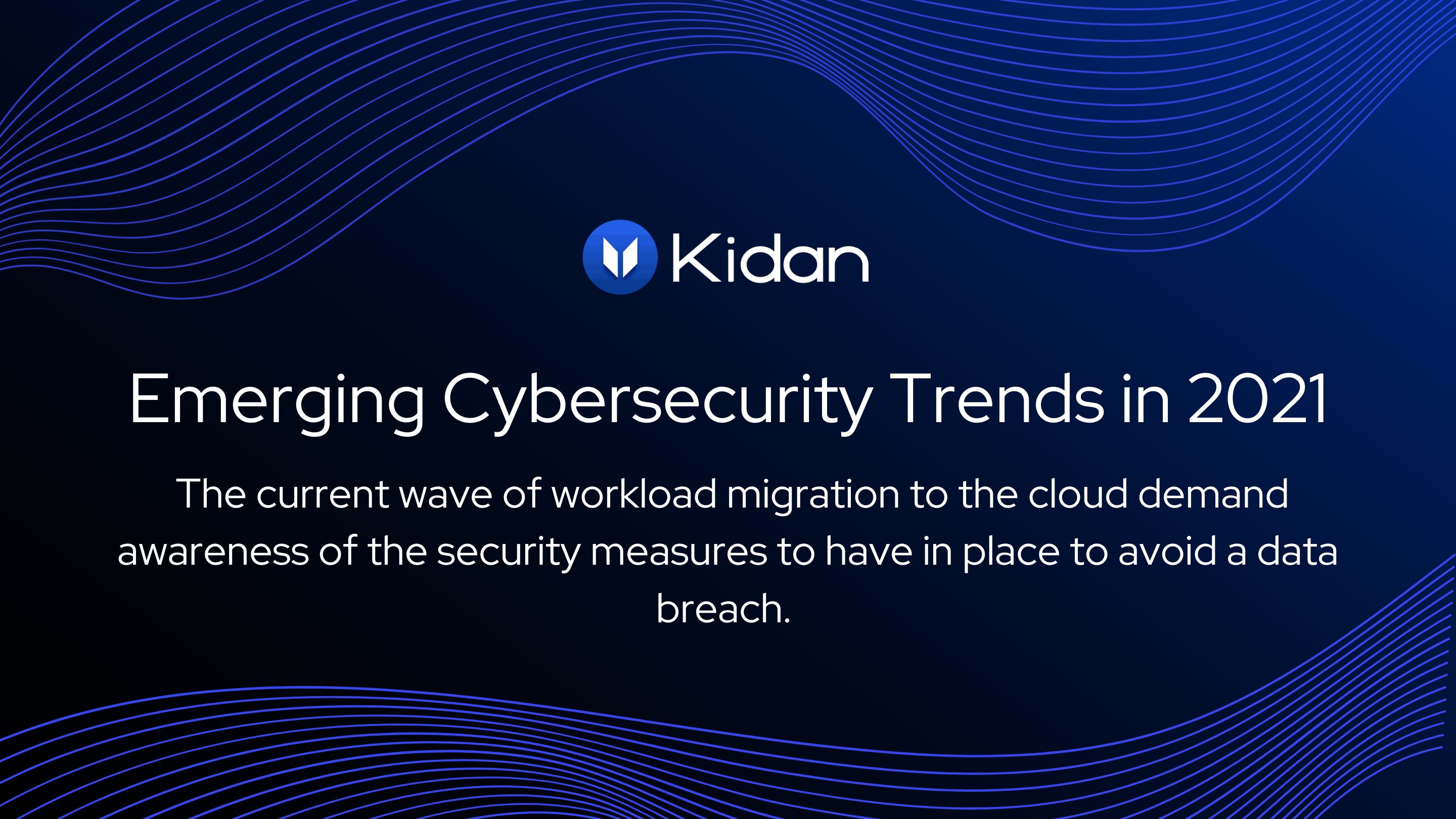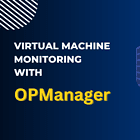The forced transition of work from home due to Covid-19 has changed the technology landscape for the business world. This transition involves unplanned cloud migrations and immediate purchase of IT devices and services to accommodate the changes. This shift to remote work has resulted in significant implications for the world of cybersecurity. Companies have adopted standard security measures that cannot deal with the new levels of vulnerability and risk associated with cybercrimes to keep business running.
In this scenario, organizations need to assess their IT security infrastructure, identify the areas of weakness neglected during this sudden shift to remote working, and start planning for a long-term, reliable security strategy to keep moving forward smoothly. There is a need to devise a comprehensive plan that how the workforce, partners, customers, supply chain, and sector peers will work together and how to embed security to engage all of them appropriately.
New Challenges
Most companies and IT departments rely on Virtual Private Networks (VPNs) to enable access to the corporate network. These VPNs are proving insufficient and unsatisfactory in 2021 and beyond. The most common challenges are ransomware, and organizations should realize that these kinds of cyber-attacks are increasing significantly. The attacks for theft of company data and encrypt it to prevent the company’s access, and the blackmailing and threatening of releasing unless the ransom is paid are reported 304 million in 2020 by an annual report on global cybersecurity.
Moreover, the need to train employees to work securely and compliantly using personal devices is another significant challenge in this shift. Setting up the new software for employees’ work needs a lot of consideration and factors to consider as the company data is more vulnerable from personal devices.
Addressing risks and fortifying gain
There is a need to remediate the operational, process, and technology gaps related to remote working to address these challenges. Using cloud-based IT management platforms enables connecting, monitoring, and securing the business data on the cloud. Strict password policies with multiple authentication factors should be enforced, and the work devices should be secured with authorized antivirus and malware software. This is an additional defense against data breaches and malicious attacks in 2021.
To catch up with the surge of cloud-based tools adoption, it is necessary to deploy monitoring capabilities and incident management software to ensure the maximum level of security. Organizations must launch real-time user activity monitoring through cloud-native solutions to create a robust cybersecurity infrastructure and complete visibility of every possible threat. Also, implementation of AI-powered security systems to streamline threat detection efforts and potentially save millions in the event of a data breach.
Moreover, improve the company’s identity management policy to tackle an insecure remote workforce and ensure all departments are aligned with these policies enacted to mitigate risk. Whether organizations continue with full-time or a hybrid model of remote work after this pandemic, it is necessary to seek out long-term ways to secure data and defend against increasingly complex cyberattacks properly.
Kidan is Swiss partner of top class IT security solutions in the world and is providing endpoint security consultation to a vast line of businesses to advanced cyber-security services with technology for preventing cyber-crime to handle the new flurry of threats during this pandemic and beyond as well. Please feel free to reach us at:
Email: [email protected] , [email protected]
Phone Number: +41 22 519 64 01
Connect with us:
LinkedIn: https://www.linkedin.com/company/kidanch/about/
Twitter: https://twitter.com/Kidan_Global
Medium: https://medium.com/@kidan
Facebook: https://www.facebook.com/kidan.ch/
Instagram: https://www.instagram.com/kidanllc/


